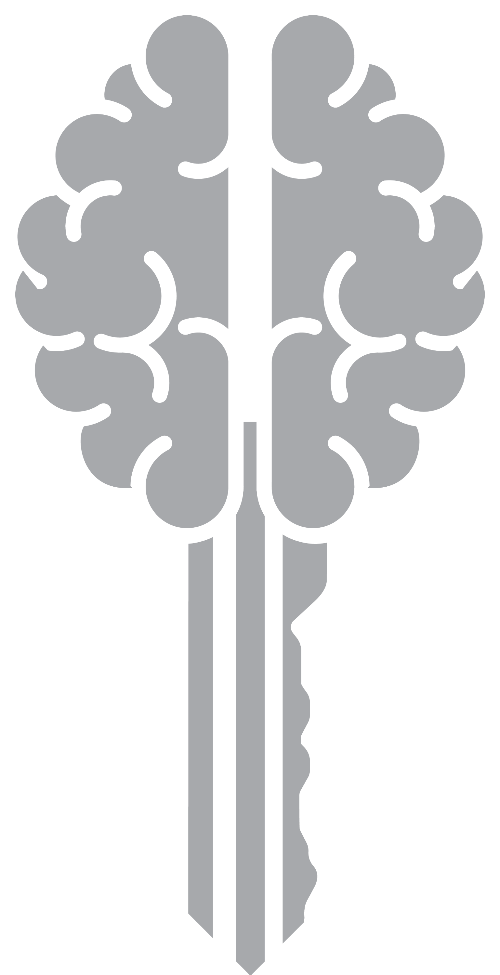Mental Health Support for Individuals on the Road to Recovery from Opioid Use Disorder
Opioid use disorder is a serious and complex medical condition that affects millions of individuals worldwide. It is characterized by a pattern of opioid use that leads to significant impairment or distress. Individuals with opioid use disorder often struggle with physical, psychological, and social consequences due to their addiction. The good news is that recovery is possible with the right support and treatment.
One crucial aspect of recovery from opioid use disorder is mental health support. Mental health issues, such as anxiety, depression, trauma, or other co-occurring disorders, are common among individuals with opioid use disorder. These mental health issues can often contribute to the development and maintenance of the addiction. Therefore, addressing mental health concerns is essential for successful recovery.
Mental health support for individuals on the road to recovery from opioid use disorder can take various forms. It may include individual therapy, group therapy, medication management, and other evidence-based treatments. Therapists and counselors can help individuals explore the underlying factors contributing to their addiction, develop coping skills, and set and achieve recovery goals.
One effective form of mental health support for individuals with opioid use disorder is cognitive-behavioral therapy (CBT). CBT is a type of psychotherapy that focuses on identifying and changing negative thought patterns and behaviors that contribute to addiction. In CBT, individuals learn new ways of thinking and coping with stress, cravings, and triggers for substance use. CBT has been shown to be effective in helping individuals with opioid use disorder achieve and maintain sobriety.
Another important aspect of mental health support for individuals on the road to recovery from opioid use disorder is social support. Building a strong support network of family, friends, peers, and healthcare providers can be crucial in maintaining motivation, accountability, and emotional connection during the recovery process. Support groups, such as Narcotics Anonymous or SMART Recovery, can provide individuals with a sense of community, acceptance, and understanding.
In conclusion, mental health support is a vital component of the recovery process for individuals with opioid use disorder. By addressing mental health issues, individuals can better understand and manage their addiction, develop healthy coping skills, and build a strong support network for long-term recovery. If you or someone you know is struggling with opioid use disorder, seek help from a qualified mental health professional or addiction treatment provider. Remember, recovery is possible, and you are not alone in your journey towards healing and wellness.
For more information visit:
Step Free Recovery | Telehealth Medication Assisted Treatment
https://www.stepfreerecovery.com/
Unlock the power within you and break free from addiction. Discover StepFree Recovery, where new beginnings await. Find your path to complete healing and embrace a life of lasting recovery. Are you ready to reclaim control? Step into a world of endless possibilities at stepfreerecovery.com.
